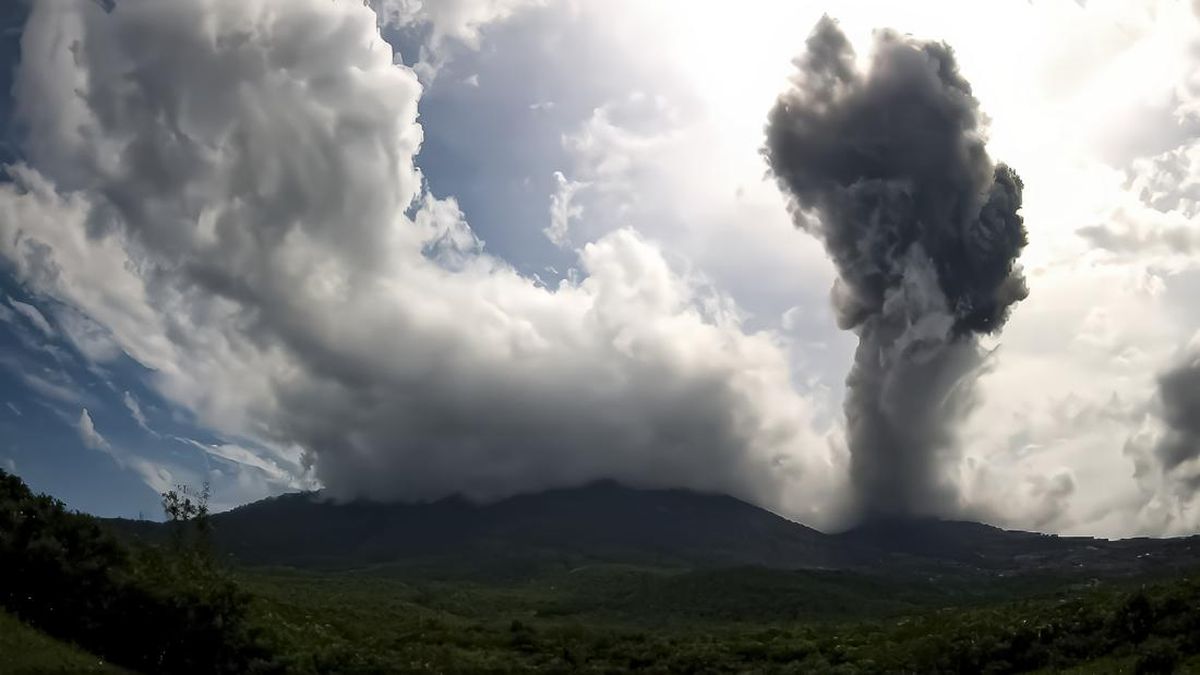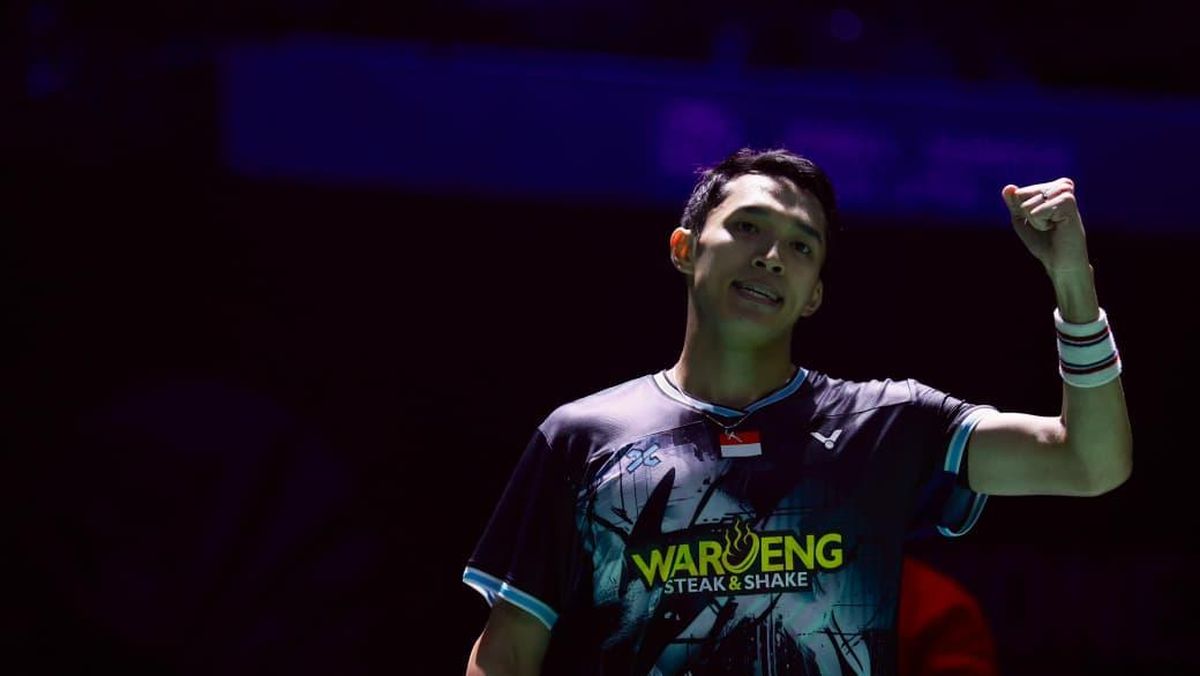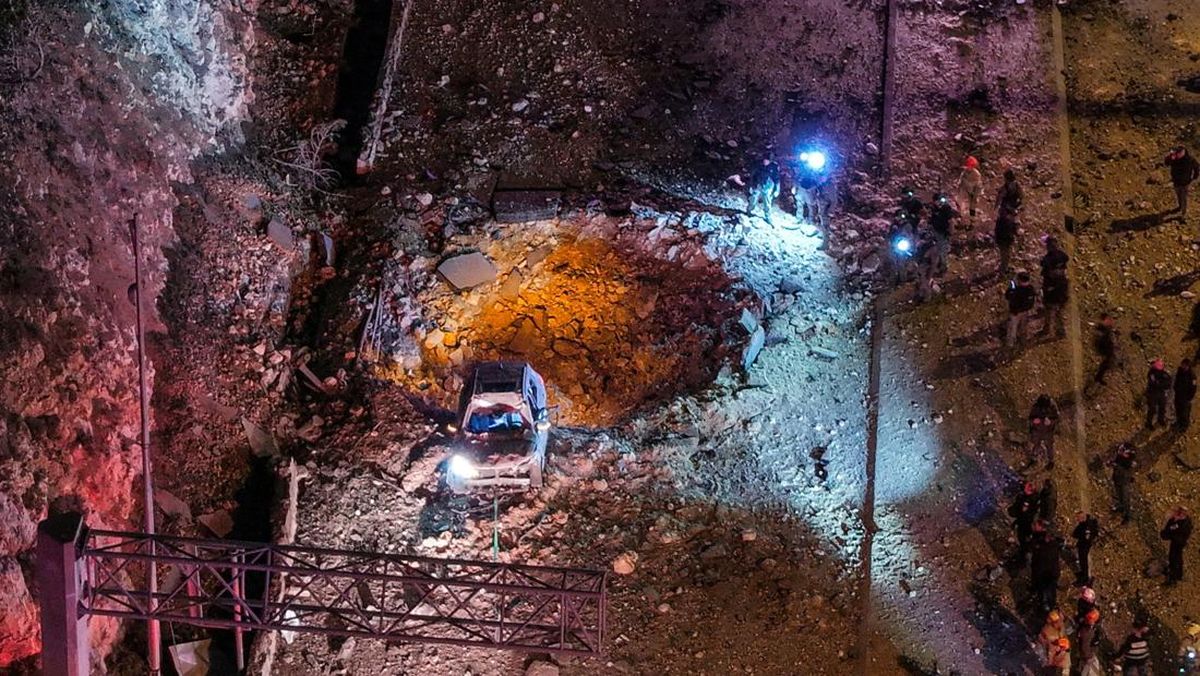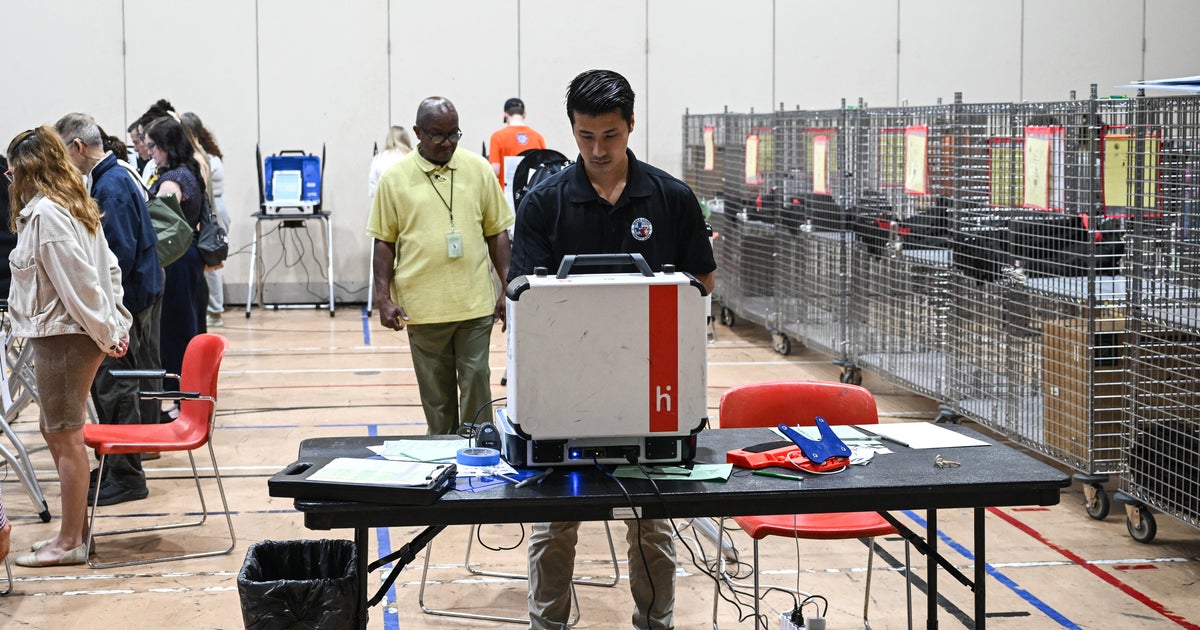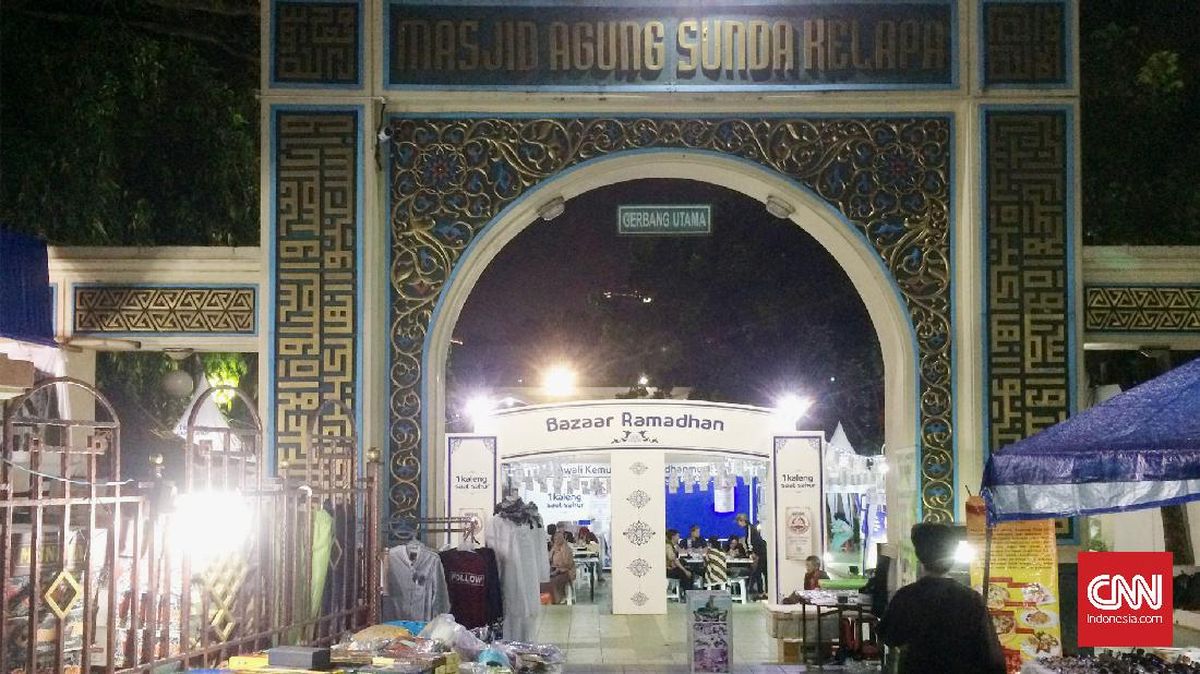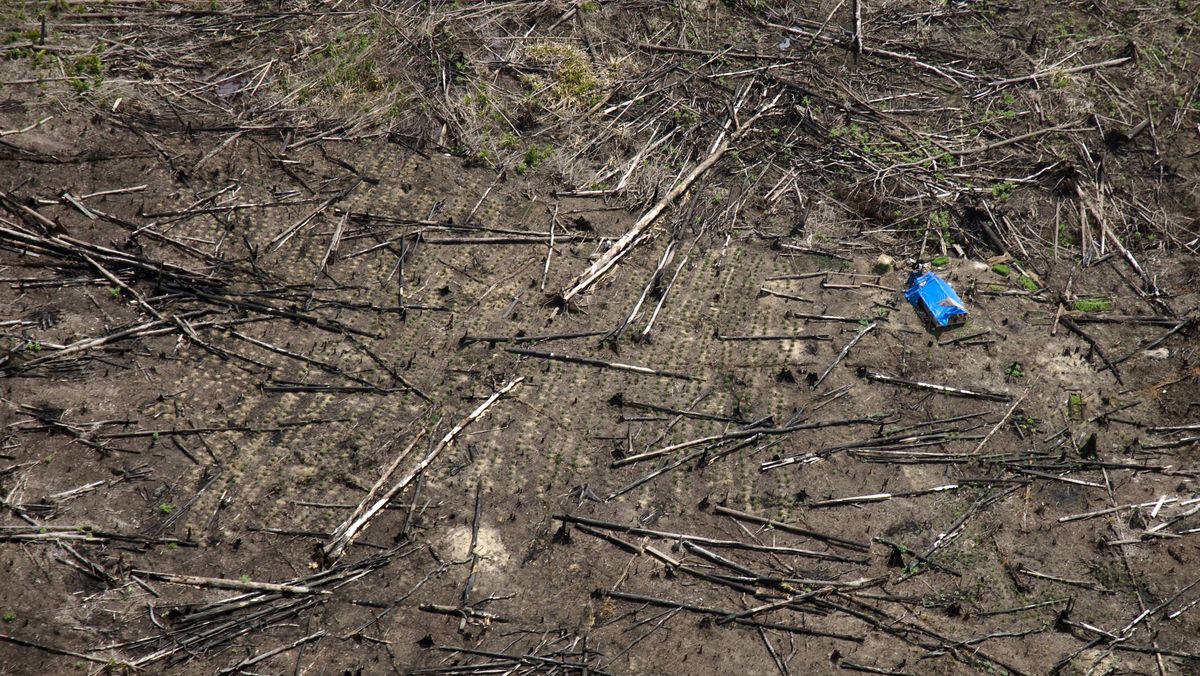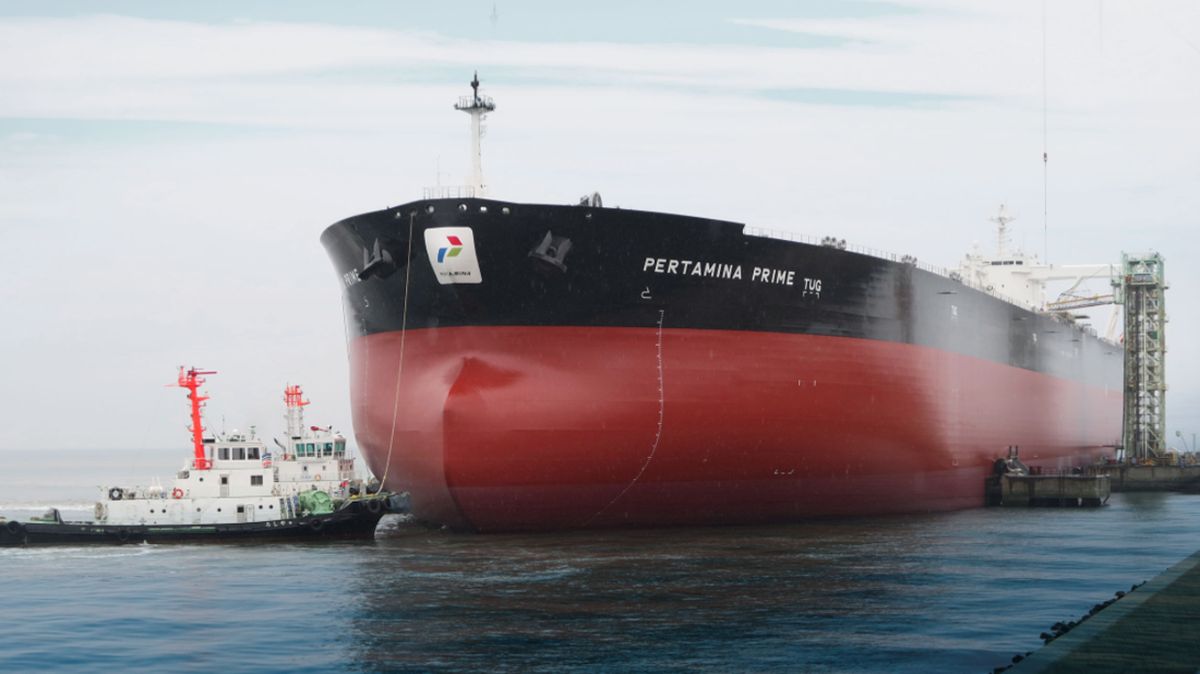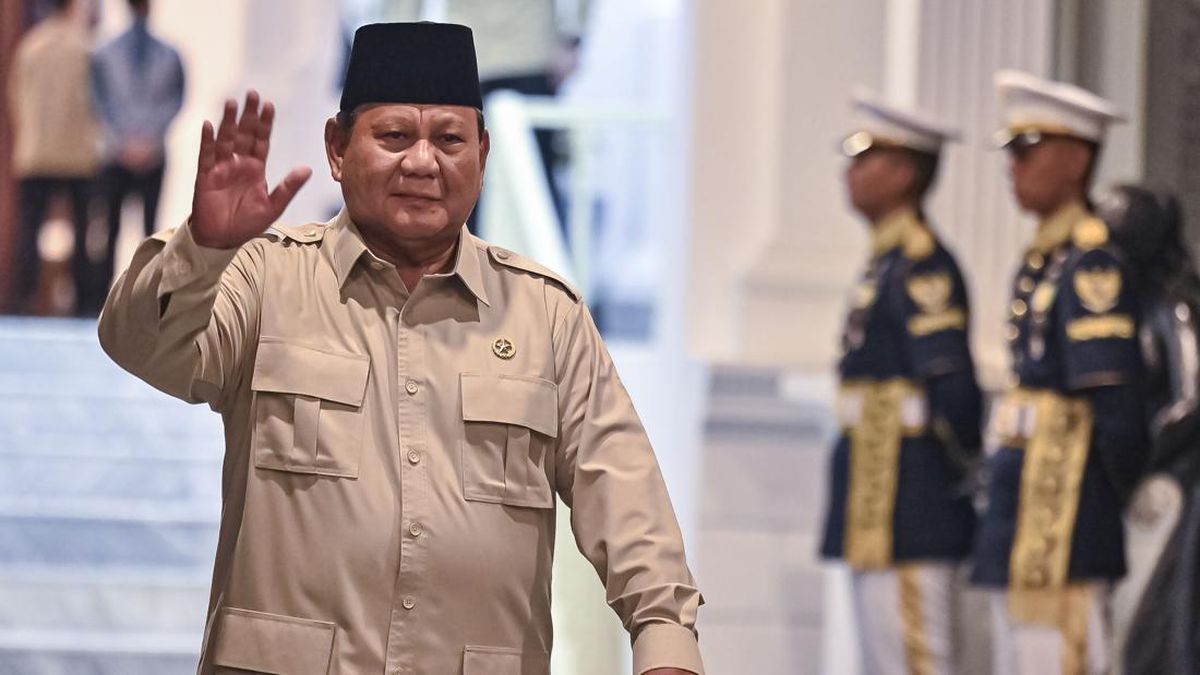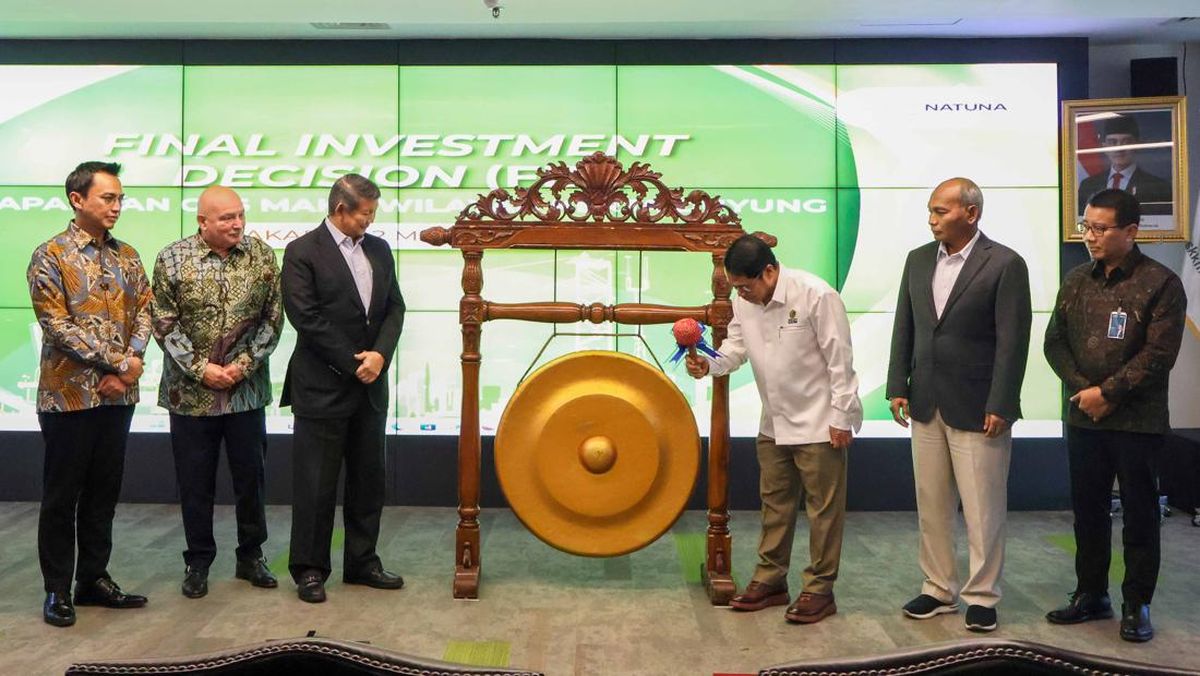Pauline Hanson’s latest decision to wear a burqa into the Senate contributes little to any serious policy discussion (“Hanson suspended from Senate for wearing a burqa in the chamber”, November 25). Security experts have consistently noted that banning religious garments does not enhance public safety, rather, it further marginalises certain women. The irony of condemning face coverings while relying on one for political theatre is hard to ignore. One also has to wonder why this stunt needed repeating now, beyond the familiar search for attention. Australia deserves thoughtful conversations about safety and social cohesion. Reviving an old stunt doesn’t bring us any closer – it simply reminds us how easily meaningful debate can be derailed. Vivien Clark-Ferraino, Duckmaloi

Credit: Cathy Wilcox
Hanson’s latest stunt is undeniably an insult to all Muslims, and especially fully veiled Muslim women. It needs to be condemned as a blatantly racist outburst. Compulsory viewing now should be George Brandis’ eloquent and cutting condemnation of Senator Hanson’s first veiled appearance in 2017, which is easily accessed online. Regardless of his political leanings, it was, and remains, one of the great moments in parliamentary addresses. Take note, Pauline. Terry Charleston, Cootamundra
I am neither a Pauline Hanson fan nor a religious zealot, but I do care about Australia, and security. We readily accept that helmets must be removed when entering banks or other vulnerable premises. We live in Australia, and wearing face-covering burqas should not be exempt from our security culture. The questions to be answered by those who oppose Hanson are: 1. Would you agree to sit in the Senate with a member wearing a face covering mask?; and 2. Would you allow security to permit entry? Surely, security must be our first care in this world of chaos. D’Arcy Hardy, North Turramurra
Can you imagine if another senator wore a kippah and a Star of David to mock and ridicule Jewish people? It would be front-page news for the next few weeks. Hanson deserves to be strongly condemned in the same way that people expressing antisemitic views are. Toni Lorentzen, Fennell Bay
To redeem her fortunes, Pauline Hanson should now introduce a revised bill to parliament, the National Australian Security Threats Intervention (NASTI) Bill, which would ban the wearing of all clothes, as clothes are well known to conceal guns, knives, swords and bombs. Such a law would be non-discriminatory and effective, overcoming our national security worries and preventing men from dictating women’s choice of attire, and more fully satisfying Pauline’s stated objectives. Tim Le Fevre, Sheedys Gully

Pauline Hanson sits with her One Nation colleagues during a vote in the Senate.Credit: Dominic Lorrimer
I wish that people on morning TV would not joke about Pauline Hanson’s burqa stunt. Call it out for what it is – a nasty, racist act. Zuzu Burford, Heathcote
This family is not furious about Pauline Hanson’s antics. Rather, we are outraged by a religion that subjugates women. Graham Millar, Killarney Heights
Could someone “please explain” how Hanson was permitted entry to the chamber? After all, this was not her first transgression. A repeat offence so vile should lead to permanent expulsion, not the afternoon off. Janet Argall, Hurlstone Park
It’s stunts like this that keep Hanson and her One Nation outfit in the glare of publicity. This self promotion is just boring, like her policies. The media is doing her a favour. Anyway, I don’t think the current poll of 18 per cent to One Nation will be reflected in the next election. John Nelson, Mudgee
Is Pauline Hanson feeling the cost-of-living pinch? Wearing that old thing again and hoping no one would notice? Mickey Pragnell, Kiama
Developers not shovel-ready
The decision by Northern Beaches Council to cut the affordable housing requirement in a Frenchs Forest development from 10 per cent to 3 per cent is an ominous warning for projects now being fast-tracked by the NSW government (“Sydney council backflips on housing rules to entice developers to ‘failed suburb’“, November 25). How long will it be before developers who gain generous height and floor-space bonuses under the state government regime will also start complaining that the 10 per cent affordable housing component they must provide in return is no longer viable, and succeed in having it whittled down? Ross Duncan, Potts Point

An artist’s impression of Frenchs Forest under the council’s plan to boost housing density.
It is difficult to imagine the precinct at Frenchs Forest becoming yet another Parisienne-style boulevard attracting thousands of new home buyers when the major attractions appear to be a pub, a bottle shop and a supermarket, not to mention a shortage of public transport. The promise of affordable housing is a bit of a joke. Around here, 14 to 16 square metres of boarding house space will set you back $400 a week, and that is without the shops, cafes and other “soon to be near you” attractions. Developers are not charitable institutions – they will seek out more lucrative options wherever they may be across the Sydney region. It’s time for state and federal governments to step in and take control of the planning, construction and sales of these developments – and ensure that long-term affordable options are available. Peter Cooper-Southam, Frenchs Forest
Reject climate compromise
When you have Labor ready to do a deal with the Coalition on the environment, you know things are bad (“Labor accuses Nats of ‘blowing up’ nature deal between Ley and Albanese”, November 25). Perhaps it’s all a play for Greens support, but it feels like Labor has already blown it. Why? Because Australia needs visionary environment laws that deeply and permanently protect forests, wildlife, reefs et cetera. The media narrative is that these laws should compromise for the needs of the economy, but that’s the problem. We’ve been doing this for the past 200 years or so, eating away the very systems that give us fresh air, clean water, rich fisheries, rich soil and a stable climate. If we don’t rein this in firmly now, we’ll experience more ecosystem collapses. When that happens, present-day catastrophes will look like mere warnings. Therefore, any changes to environmental laws must be bold and about protection. Australia, our children and grandchildren can’t afford more compromises. I urge the government to look beyond today’s lobbyists and donors to the world our children will inherit. The public will applaud. James Vicars, Nymboida
Just weeks after the 2025 election, new Environment Minister Murray Watt gave the (inappropriately named) “provisional green light” for the extraordinary 45-year expansion of the North West Shelf project. Now he is playing politics with the long-overdue reform of Australia’s environment laws. Seemingly in awe of his own cleverness, Watt has been mocking both the Greens and the Coalition, one of which he desperately needs to rubber stamp the proposed legislation. What he seems to forget is that, while he plays one against the other, neither group has to wrap up this legislation before the year’s end. In fact, the more it drags on, the more airspace his opponents can enjoy. Watt might end up not only empty-handed but, given his unseemly rush to announce the Woodside expansion in July, and given there is still no clear climate trigger in the proposed legislation, he might just confirm the public’s growing impression of hubris and arrogance in the Albanese government. Rob Firth, Red Hill (ACT)

Environment Minister Murray Watt with his revised version of the Environment Protection and Biodiversity Conservation Act.Credit: Alex Ellinghausen
Anthony Albanese may feel that he is among friends at the G20, “defying” US President Donald Trump and pledging to “end the use of fuels such as coal and gas” (“Albanese joins leaders to defy US on climate”, November 24). But how credible is this declaration when Australians and other world leaders can see that his actions on environment and energy policy don’t match his words? The prime minister’s loyalty to the fossil fuel industry is a betrayal of Labor membership, supporters and voters, who expected actual emissions reductions and a genuine shift to non-polluting, renewable energy. Anne Ammann, Dargan
Crime time
Australia is a country built on migration. Excluding the original inhabitants, all crime in Australia is, or has been, committed by migrants, or the descendants of migrants, and records of these crimes are readily available (“US embassy in Canberra to track migrant crime in Australia”, November 25). So what is it that America would like to track? Surely not just the crimes committed by more recent migrants who are not of an Anglo-Saxon background? Colin Jacobson, Kirribilli
We should indeed give the Trump regime the very long list of crimes committed in Australia by people of migrant origin – beginning with those who arrived on the First Fleet. The original Indigenous inhabitants of this country will undoubtedly have a plethora of criminal activities to report after contact with white Europeans, including this repugnant threat to Australian and world peace, with the rise of neo-Nazi thugs, the blind acceptance of American fascism and the intolerance perpetrated by wilful ignorance and heartless self-interest. Sally Morris, Leichhardt
Who on earth would oppose the collection of data about crimes committed by migrants who have brought hateful or criminal behaviour into this country? Would people with Nazi sympathies be welcomed? Would mafia members be welcomed? The suppression of information only produces trouble for a democratic nation. The media should show some guts in confronting this. Roger Cedergreen, Kirrawee
Mastering the middle
The Liberals’ predicament is more complex than your editorial suggests (“Change of Liberal leader breathes new life into NSW politics”, November 25). Labor Premier Chris Minns has already taken the middle of the road with a very moderate agenda. His incremental changes to housing rules, stamp duty, youth crime prevention and workplace regulations are the sorts of things that will keep most voters happy. The NSW Liberals will need to do more than just changing their leader to make any impression. Michael Blissenden, Dural

Newly minted NSW Opposition Leader Kellie Sloane.Credit: Flavio Brancaleone
Koalas under fire, again
Professor David Lindenmayer draws our attention to the fact that some print and radio media and ill-informed politicians have raised the false alarm that the proposed Great National Koala Park is a bushfire hazard (“The Great National Koala Park is not a firebomb. It’s the opposite”, November 25). Sound familiar? He lays out the scientific evidence. That should be the end of it, but in 2025, when social media has stolen all the ads that used to pay the wages of our local journalists, when it offers platforms for disinformation and conspiracy theories to flourish, is it any surprise that facts, real facts, are smothered by more lies? It will be interesting to see if Lindenmayer’s facts cause even a temporary lull in the “alternative facts”. Gary Barnes, Mosman
Critical thinking is critical
I don’t understand the continuing emphasis on STEM in the education mix (Letters, November 25). Science, technology and engineering all deal with quantitative problems (amounts in unit measures) and these will always be handled better by computers, and especially by AI than by humans. Society’s main problems seem to me to be disputes based on ideologies; and these are qualitative. AI can help here to a degree, but such problems require clarity in the use of terms, human analysis of problem components and tight definition of potential solutions. This needs special school courses in the principles of “straight” and “crooked” thinking. Students, as future citizens, need to learn to detect lobbyist’s distortions, industry misinformation and the way words and statistics can mislead. With the growth in social media, this need has never been greater. Stewart Fist, Lindfield

Does Australia need more scientists when AI could do the job?Credit: iStock
EV payback time
If Rob Baxter is genuinely interested in seeing “an all-inclusive, lifetime balance sheet comparing the environmental footprints of internal combustion engines and EV vehicles” (Letters, November 25), then there are plenty of such studies available on the internet. The ones done by actual scientists all come to the same conclusion: there is no doubt that EVs are much cleaner over their lifetime, and the “payback” time is getting shorter and shorter as electricity grids get cleaner. It is now as little as two years. The few studies that come to the opposite conclusion are usually fossil-fuel funded “studies” that assume petrol magically appears in the bowser without generating any pollution whatsoever in getting there. Brendan Jones, Annandale
Can we please remind your correspondent that petrol vehicles use many identical resources in production as electric cars, but on the road, they produce 80 times less CO2 than petrol cars, and no particulates linked to lung and heart disease. They are also likely to outlive internal combustion engine vehicles. A reminder, 11,000 scientists declared a climate emergency in 2019, so our top priority should be maintaining a habitable planet, which requires rapid change, rather than maintaining the status quo. Anne Matheson, Gordon

Workers assemble part of a frame on the production line for electric vehicle maker Zeekr at its factory in Ningbo, China.Credit: Getty Images
Russian ambitions
Donald Trump should be unambiguously reminded that there is already a security and sovereignty agreement in place for Ukraine that was signed in 1994 by the US, Britain and Russia as the result of the arrangement for Ukraine to hand over its nuclear arsenal to Russia – an agreement that has clearly been broken a number of times (“The 28-point plan becomes 19 after emergency Ukraine talks”, November 25). Russia’s past takeover of Crimea and the more recent invasion into Ukraine clearly indicates that the Russian leadership’s agreement for a ceasefire will not be worth the paper on which it is written. It also indicates the creeping expansionism into Europe that prevails in the mind of the Russian leadership. Keith Askew, Hornsby Heights
Unexploded BoM
Like Neville Turbit, I found much of the criticism of the new BoM website unwarranted (Letters, November 25). Volumes of hot air were sent into the atmosphere before the full facts were out. I sent a similar comment about the hourly forecast to the bureau itself. Anyone with constructive suggestions can send them to the bureau via its feedback form so they can be considered. Judith Campbell, Drummoyne
Fringe benefits
While I agree that marking the HSC provided wonderful opportunities, such as collegiality and professional development (“Inside the shed where HSC marks are being decided”, November 24), another benefit I enjoyed one year, while marking at the old Sydney Showground, was hearing the full rehearsal by Madonna in preparation for her concert the next evening at the SCG. Merilyn McClung, Forestville
- To submit a letter to the Sydney Morning Herald, email [email protected]. Click here for tips on how to submit letters.
- The Opinion newsletter is a weekly wrap of views that will challenge, champion and inform. Sign up here.




